Are you planning on going on vacation? Before you do that, you might want to consider the things you’re not allowed to take on a plane. Here are a few of them to give you an idea of what won’t make it past security!
Explosive and Flammable Items
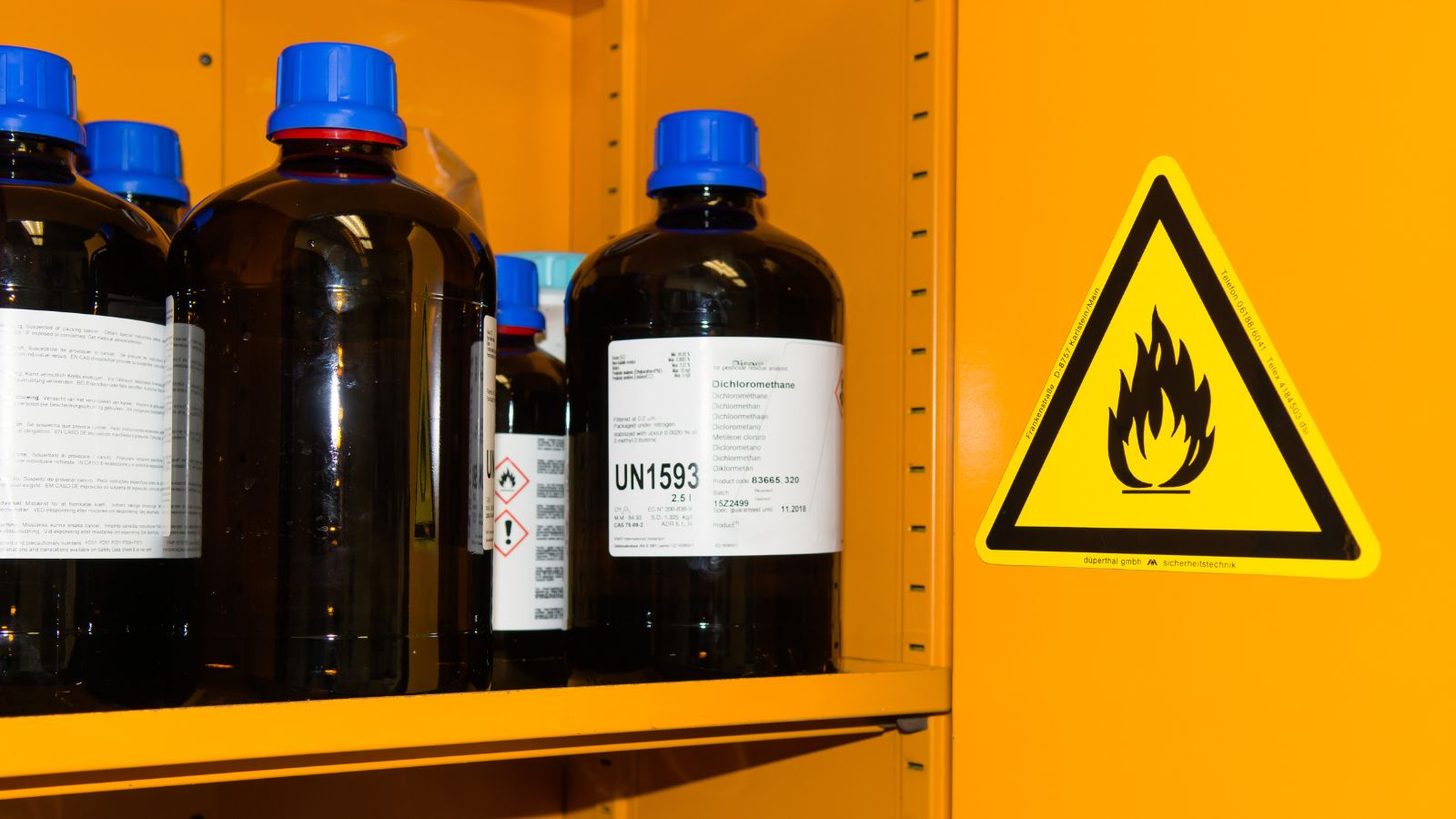
It’s highly recommended that you don’t take anything explosive or flammable on your next trip. Things like fireworks, gunpowder, flares, and other explosives are strictly prohibited, so don’t be turning up to the airport with any of them in your suitcase. The airport security team won’t like it!
Firearms and Ammunition
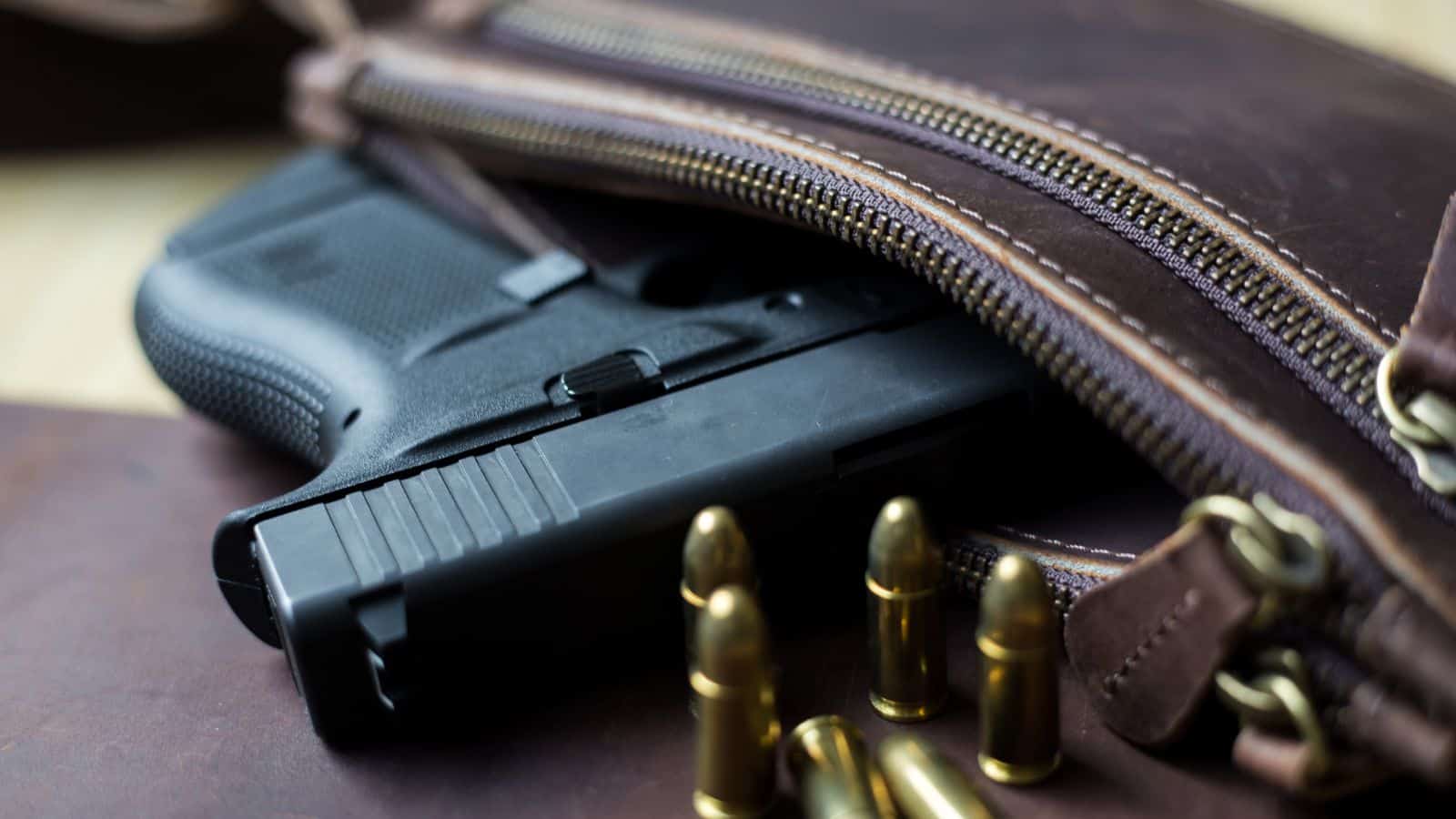
Again, it goes without saying that you’re not allowed to bring your weapon onto a plane for pretty obvious reasons. Incredibly, despite this seemingly very clear rule, the TSA intercepted some 6737 firearms at checkpoints in the U.S. in 2023. What were these people thinking?
Sharp Objects
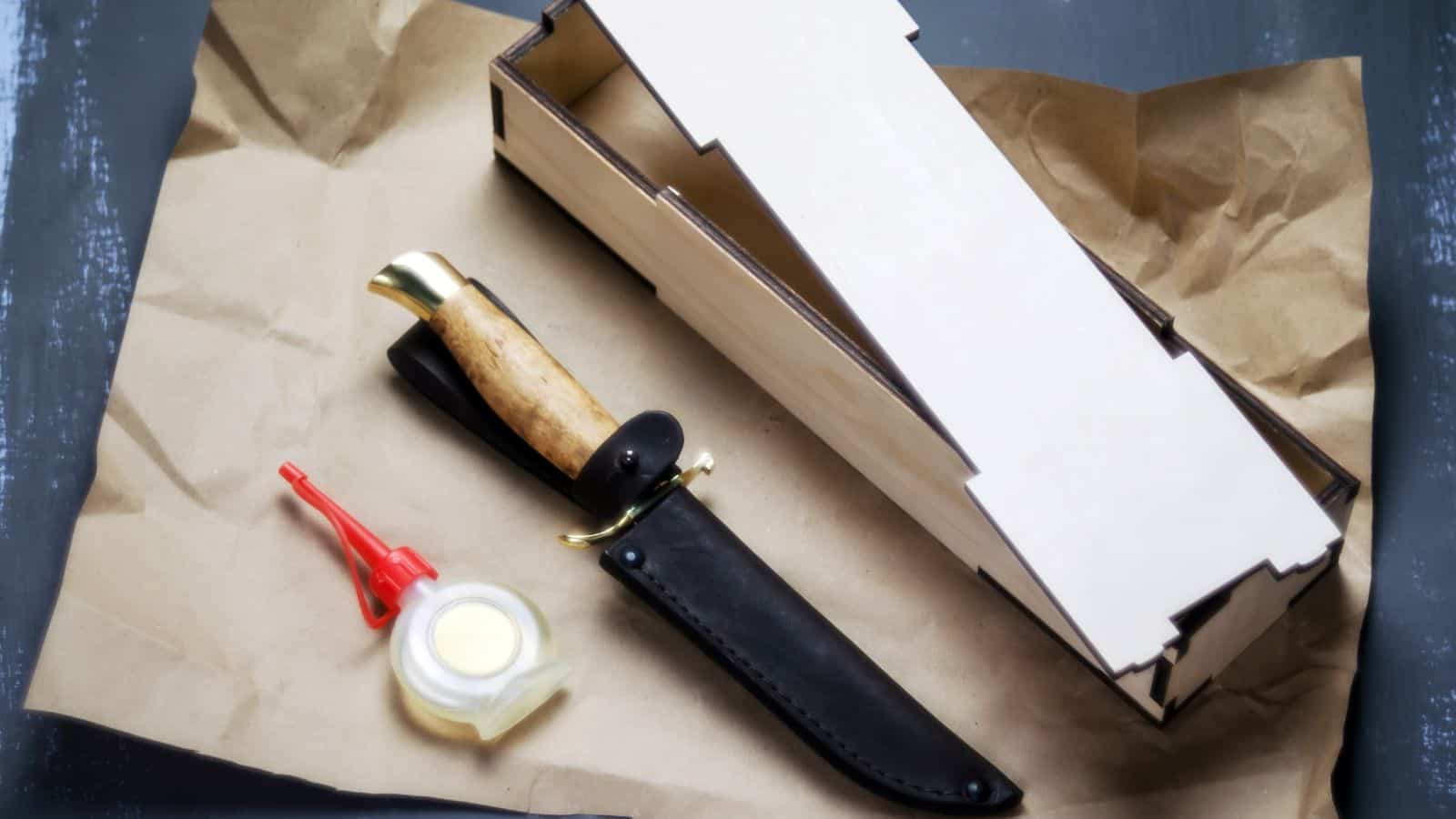
Sharp objects such as large knives and swords must be securely wrapped if they are actually permitted to be taken on board in the first place. This is somewhat of a grey area, so make sure to reach out to the airline if you’re not sure what the rules are.
Pressurized Containers
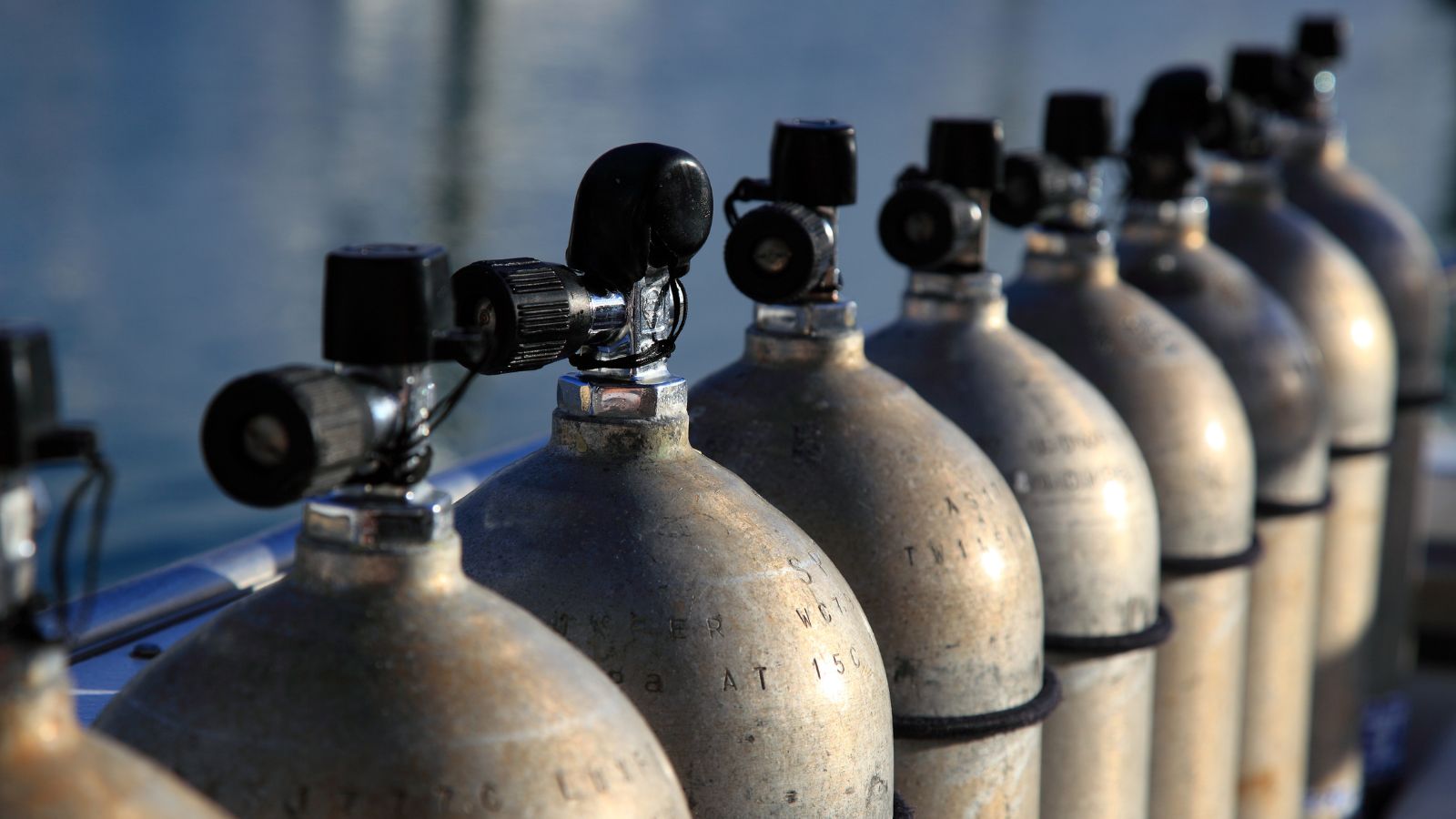
Pressurized air tanks, such as scuba tanks, are not allowed in checked luggage due to their potential hazards. Certain gas cartridges, however, can make it onboard if they follow very strict TSA regulations.
Chemicals and Toxic Substances
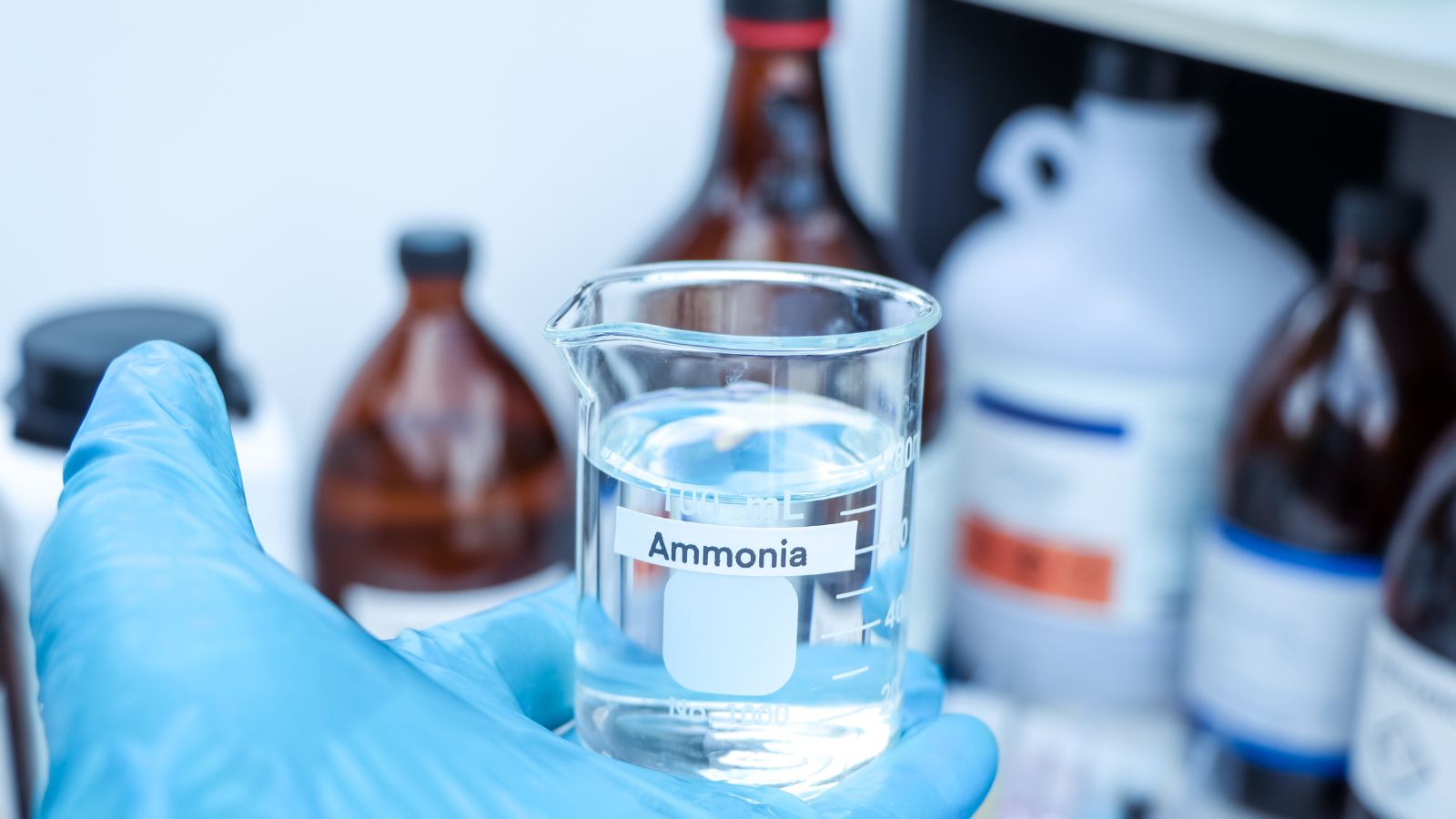
You won’t be able to bring any toxic substances, like chlorine, bleach, or insecticides, onto your flight with your checked luggage. The same can be said for varnish and paints, as these could ignite, making them unsafe to fly with.
Electronic Devices and Batteries
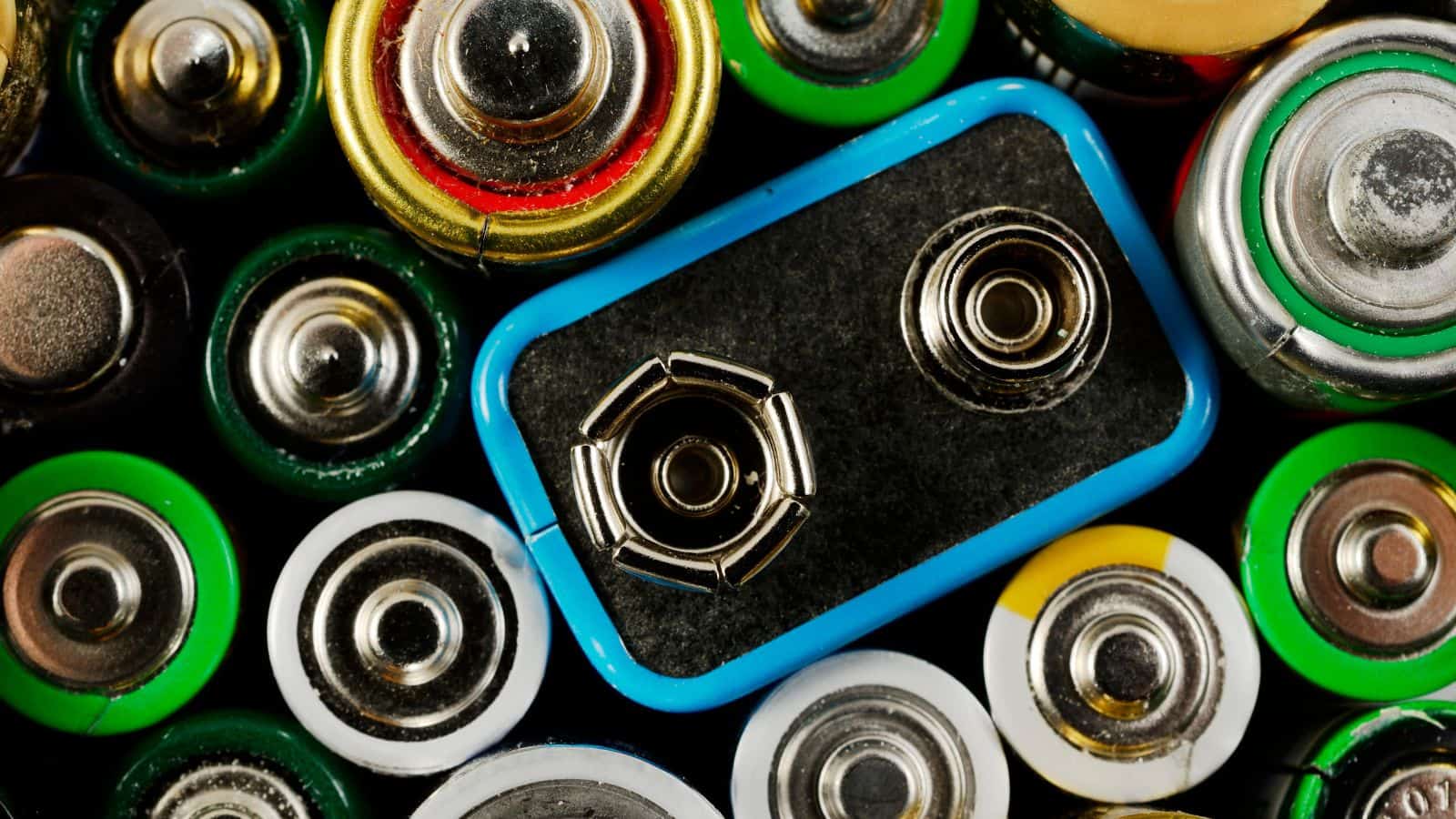
Large batteries and electronic devices are other types of items that have the potential to ignite and, therefore, cannot be brought onto airplanes. Lithium batteries larger than 100 watt-hours require airline approval but are generally not allowed in checked luggage. You’ll need to take these with your carry-on luggage.
Certain Alcoholic Beverages
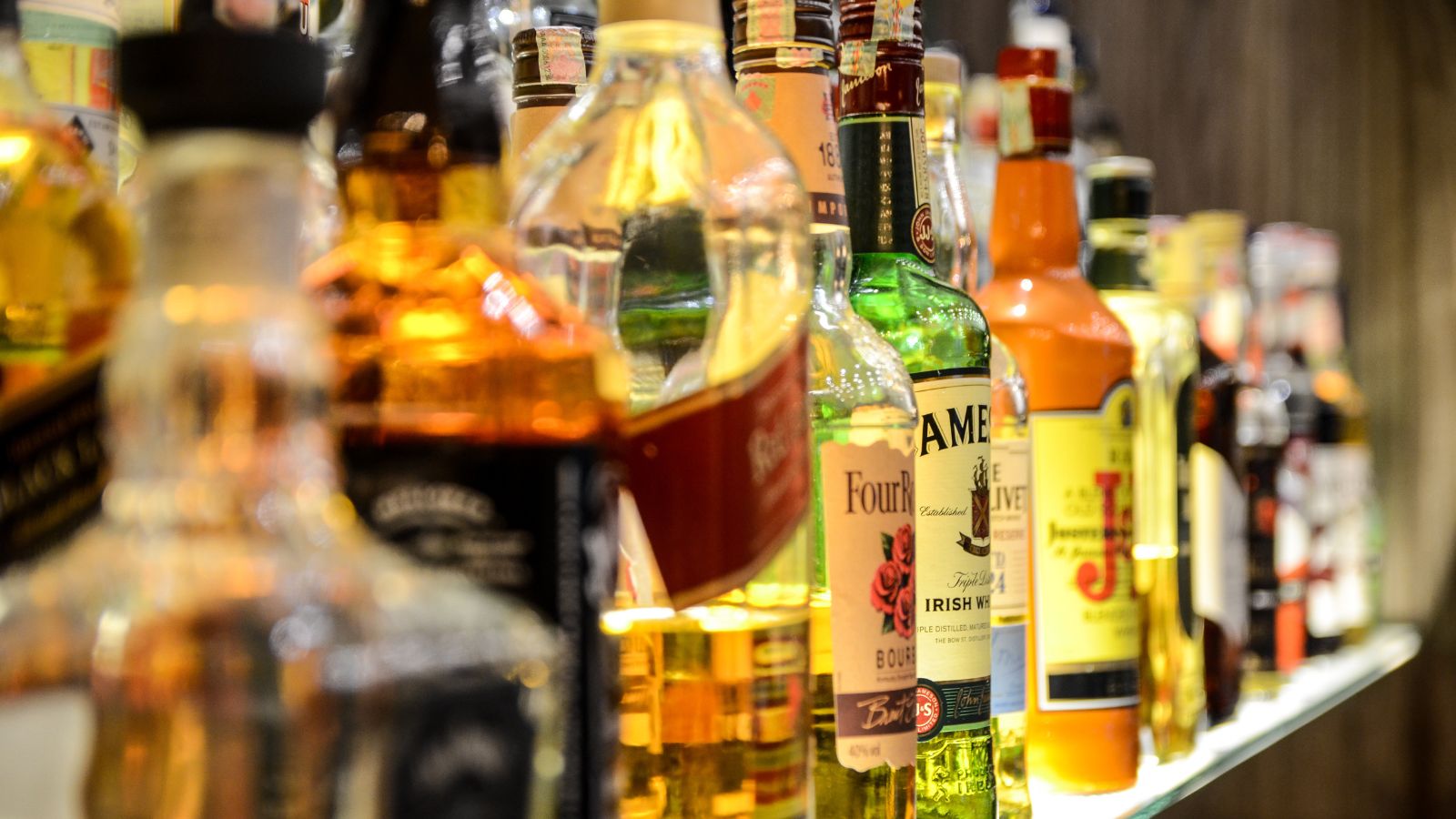
Rules reported by the Federal Aviation Administration state that alcoholic beverages over 70% alcohol by volume (140 proof) are prohibited from being taken on board a flight in your checked luggage. Anything below that level is good to go, but only when sealed.
Perishable Foods

Any perishable item needs to be packed with cold packs and put into a sturdy container. You’ll also find further restrictions on foods in liquid or gel form that exceed 3.4 ounces. Make sure to read the airline guidelines for this one.
Medication and Medical Equipment
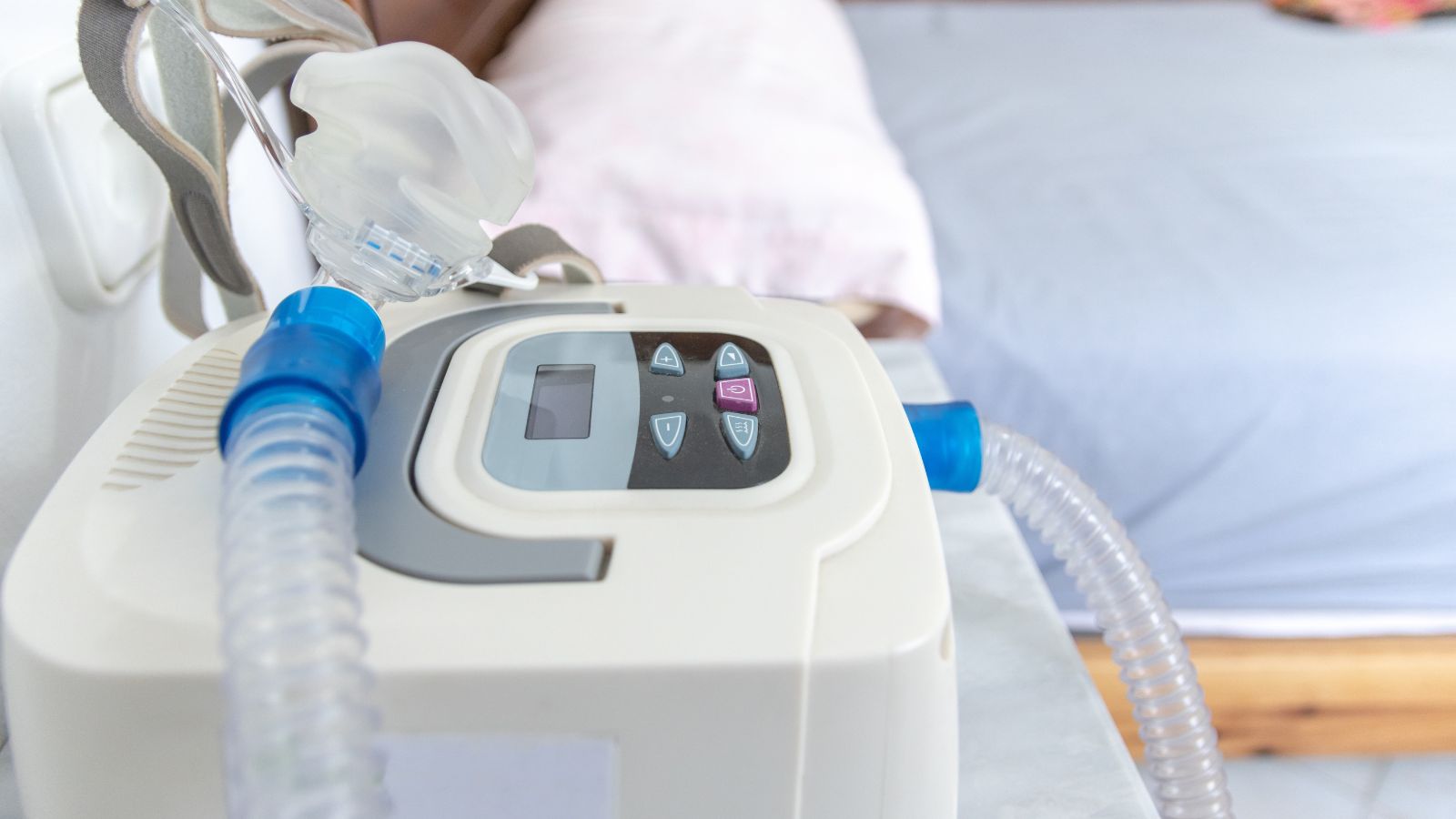
It’s really important that all of your medications are clearly labeled before you board a flight. Even then, it’s better that you carry them on with your hand luggage instead of your checked bags. Medical equipment like CPAP machines is allowed but may require additional screening.
Art Supplies
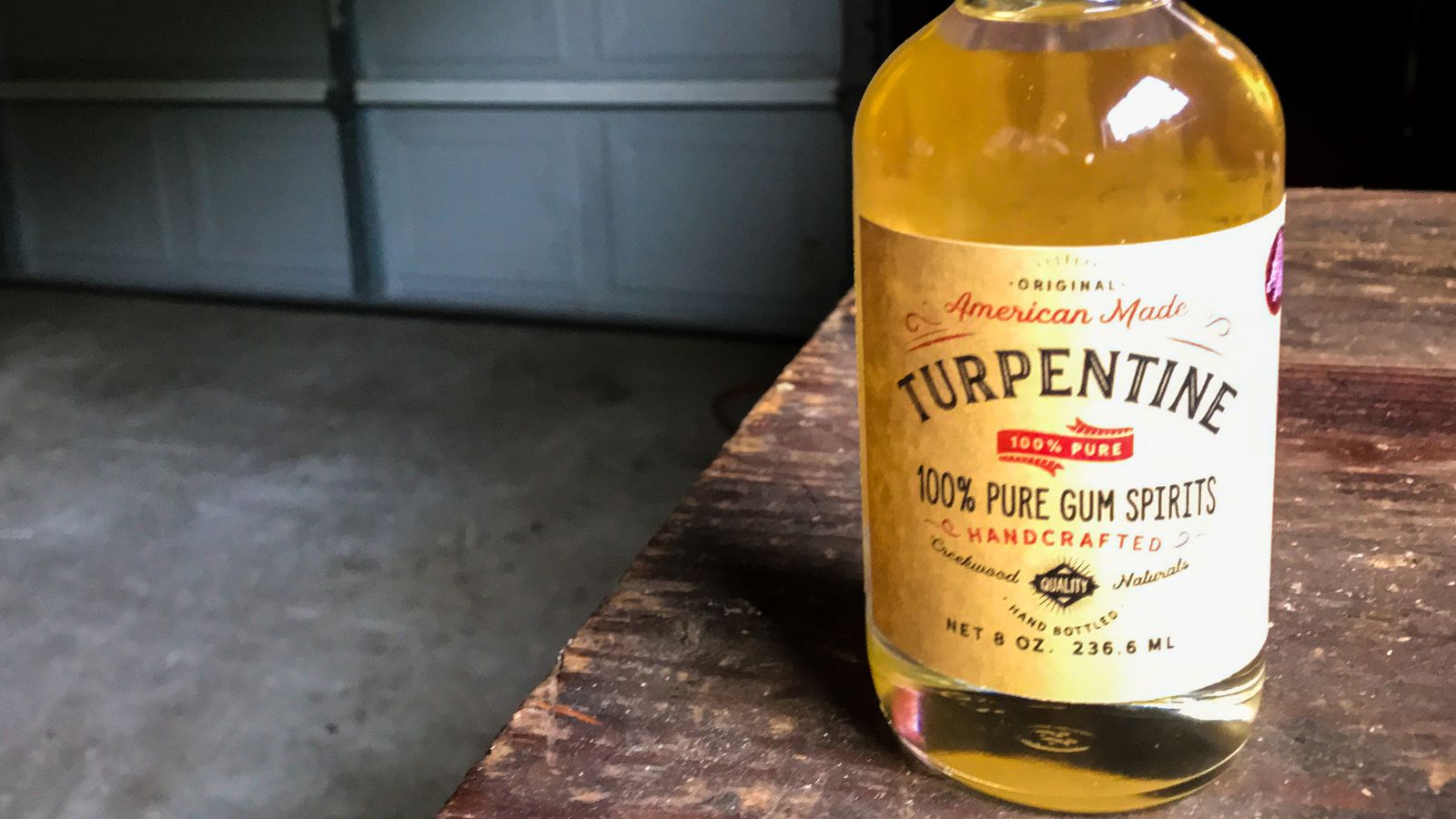
Several art supplies, like turpentine and certain adhesives, are restricted from being checked on board an airplane due to their flammable nature. If you’re an artist, make sure to read up on the specific restrictions.
Magnetic Materials
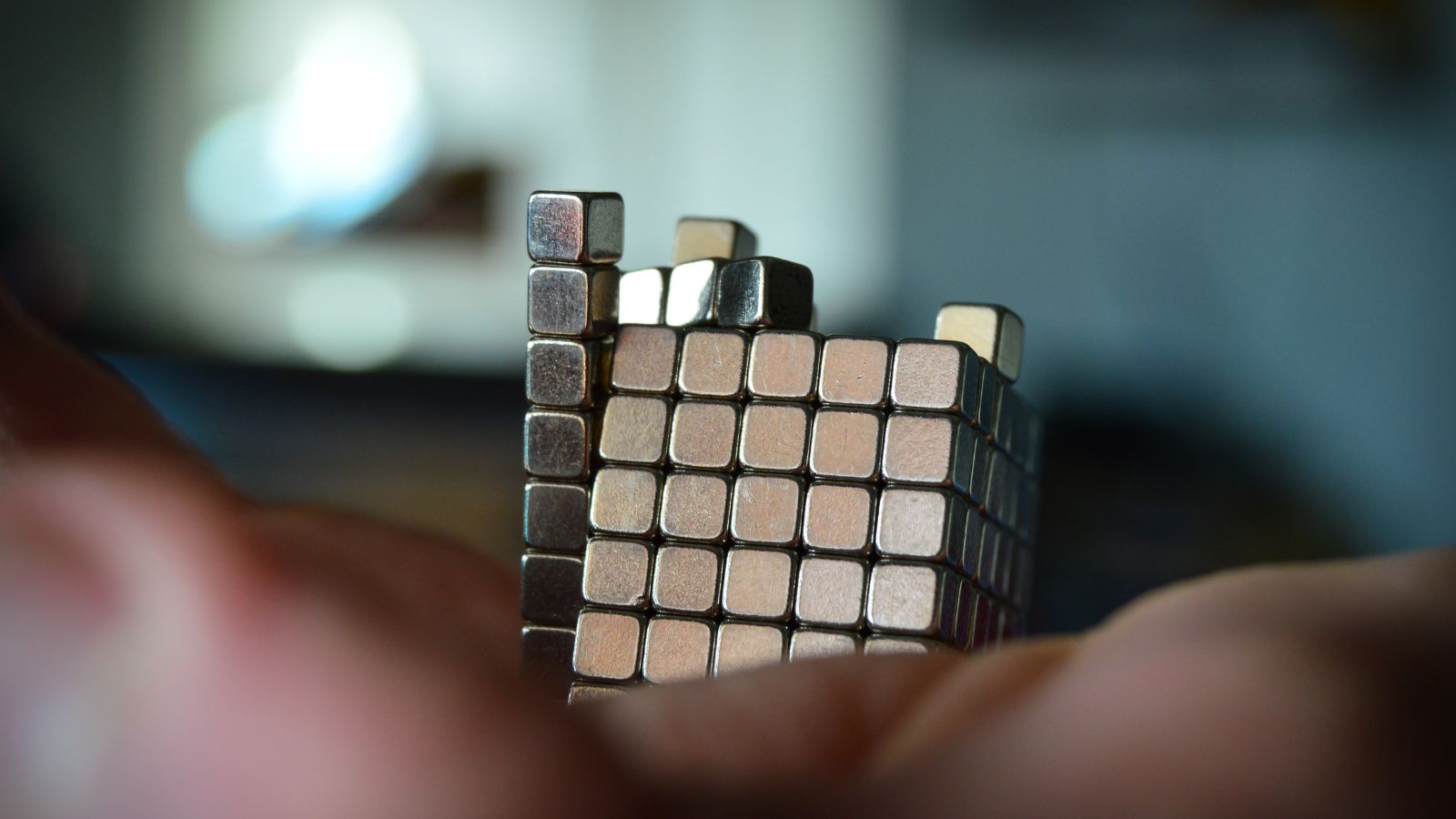
SmartMax tells us that we’re not allowed to bring magnets with a magnetic field strength of over 5.25 milligauss onto an airplane because they can interfere with the aircraft’s navigation system. You wouldn’t want to be the reason your pilot gets lost in the air.
Self-Defense Items
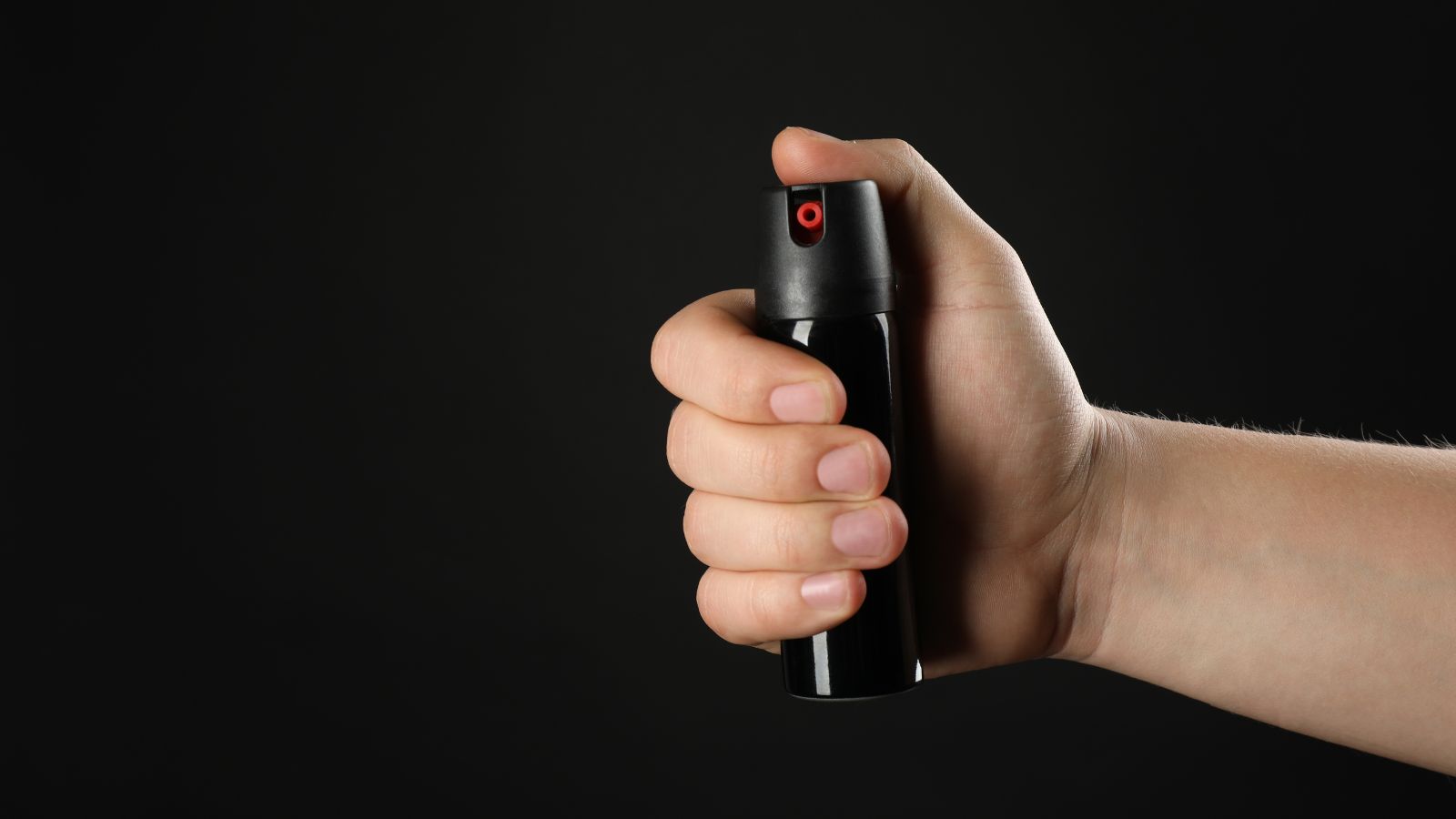
It can be tempting to carry self-defense items, but if you’re traveling to an area where you feel like you might have to defend yourself, then it’s best to purchase those items when you arrive. Pepper spray, mace, and such are generally not going to be allowed on board.
Tools and Hardware
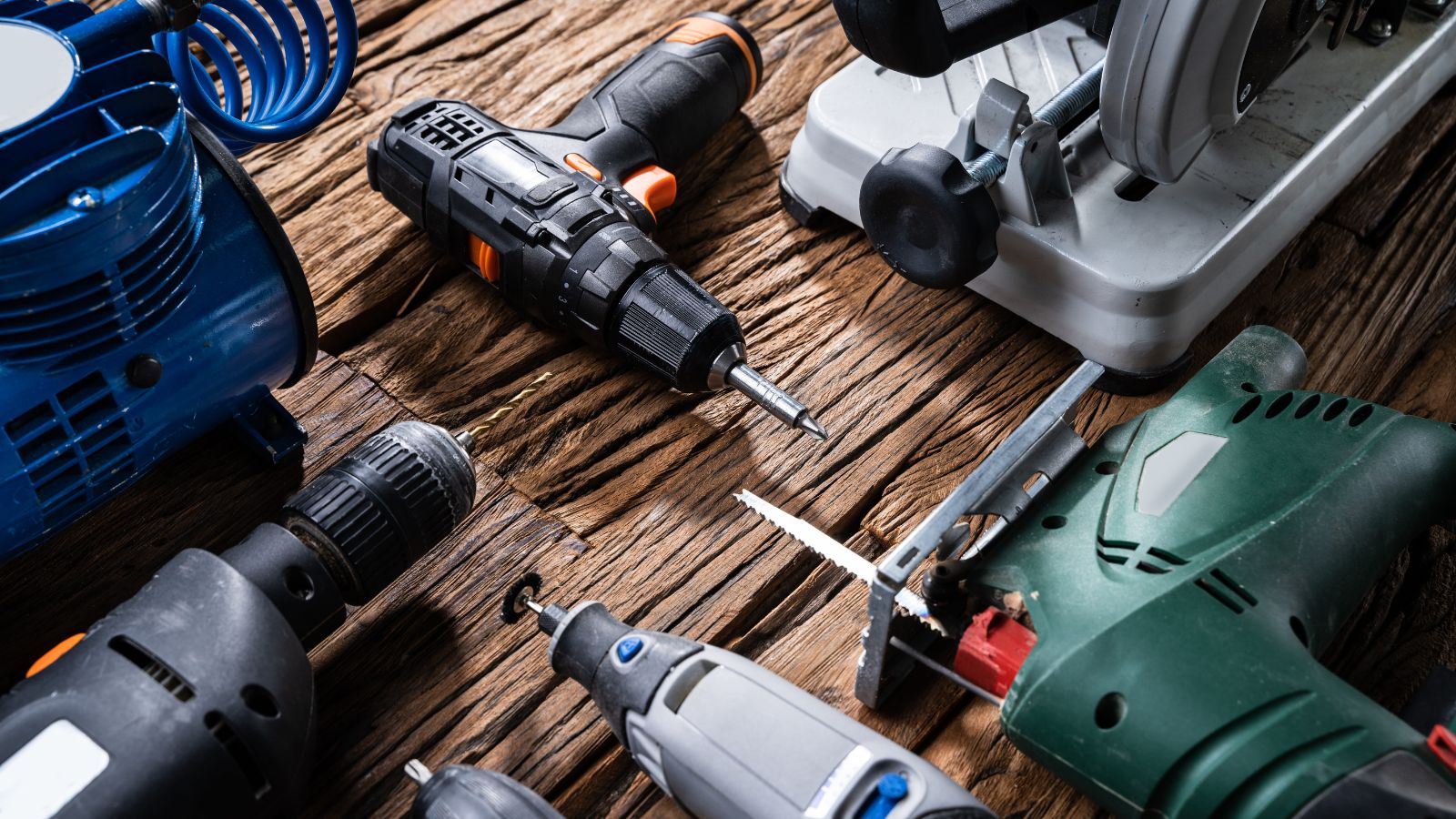
Many tools are actually allowed on planes, but some are only permitted in your checked baggage. For example, you can bring power tools, and any other tools longer than 7 inches when fully assembled must be placed in checked baggage. On the other hand, any tools powered by gasoline are forbidden.
Pet Supplies
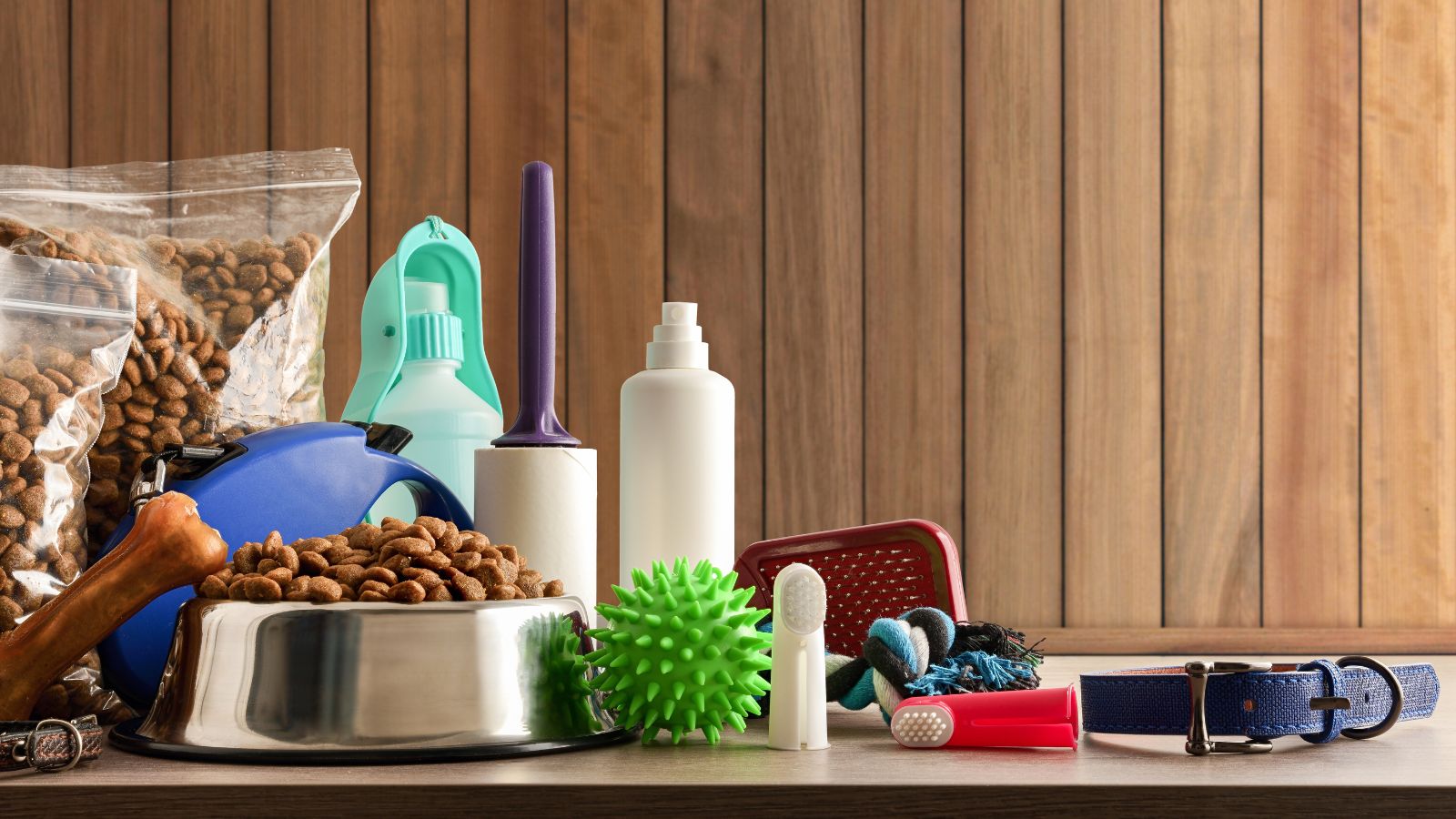
If you’re planning on taking your pet on your next trip, make sure to check out the airline specifications first. All pet crates must meet these specifications and be properly labeled and ventilated. However, some airlines do not allow pets in checked luggage at all.
Musical Instruments
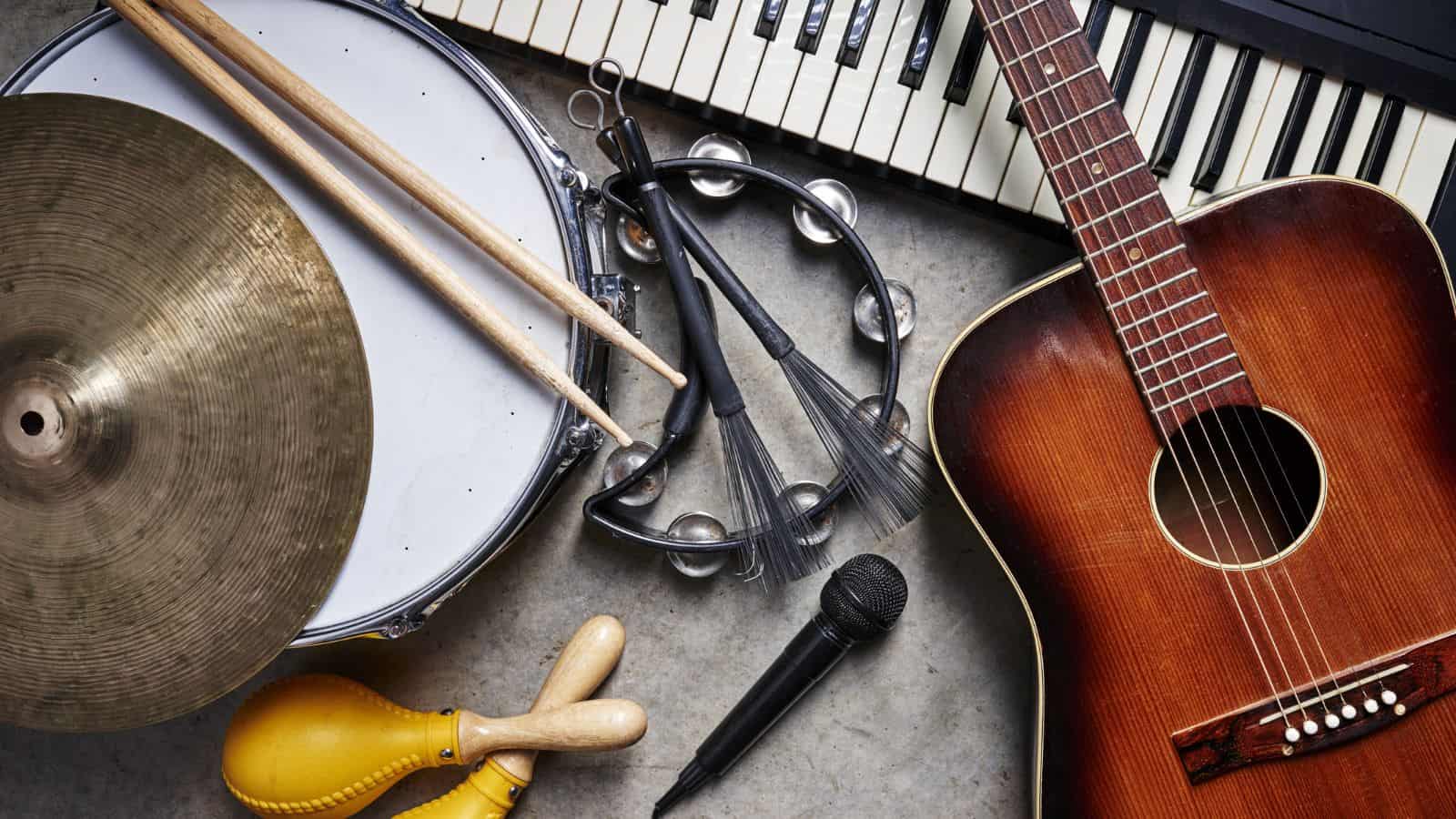
Are you planning to play some music on your next trip? Consider that large instruments have to be checked and might require extra fees for delicate handling. Plus, certain materials used in instruments, like ivory or certain woods, may be subject to international regulations.
Drones
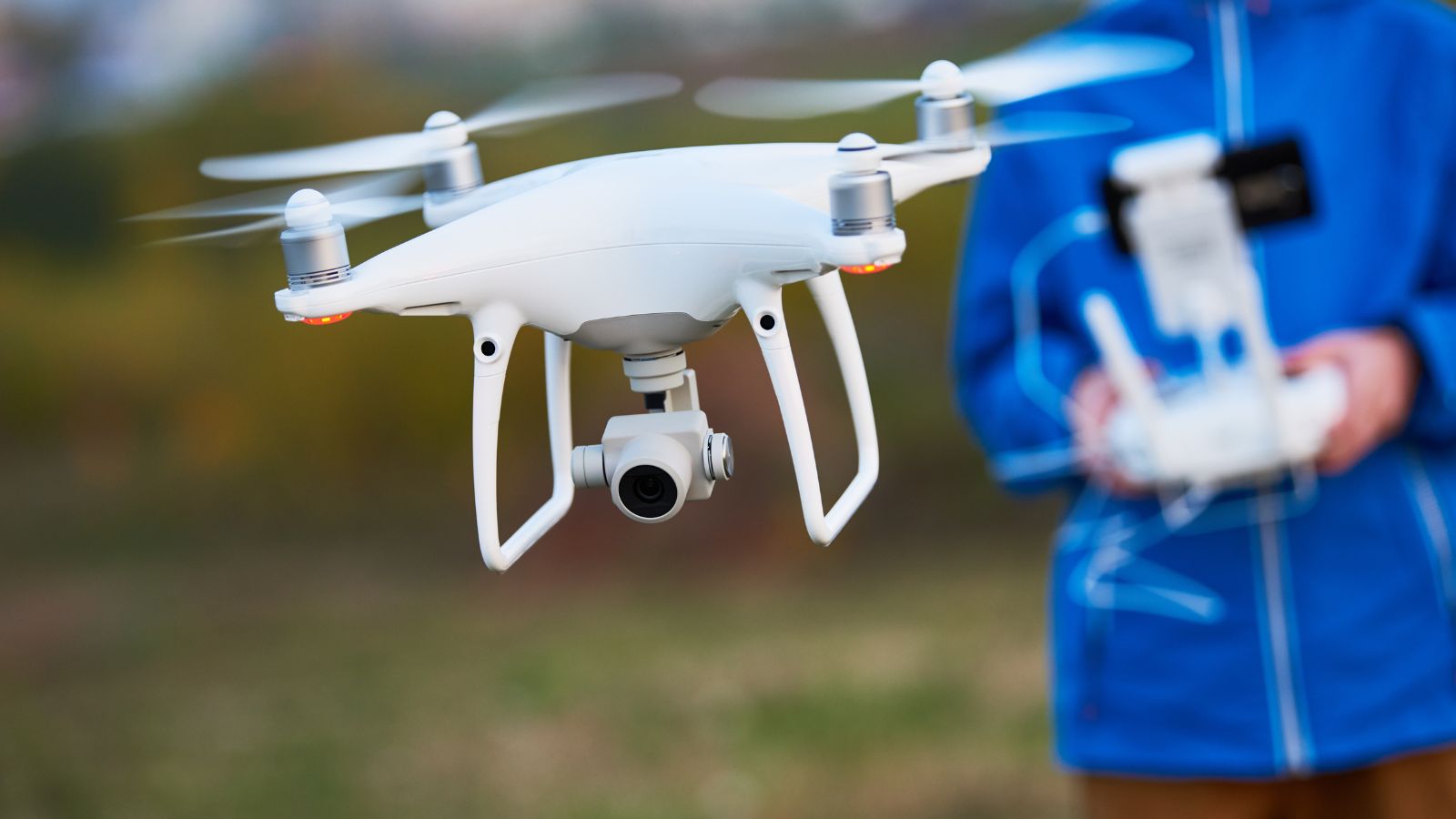
According to Skydio, the rules about bringing drones onto a plane in checked luggage are pretty complicated. Drones must comply with certain battery regulations at all times, and some airlines ban them altogether. Make sure to do plenty of homework before you turn up at the airport with a drone.
High-Value Items
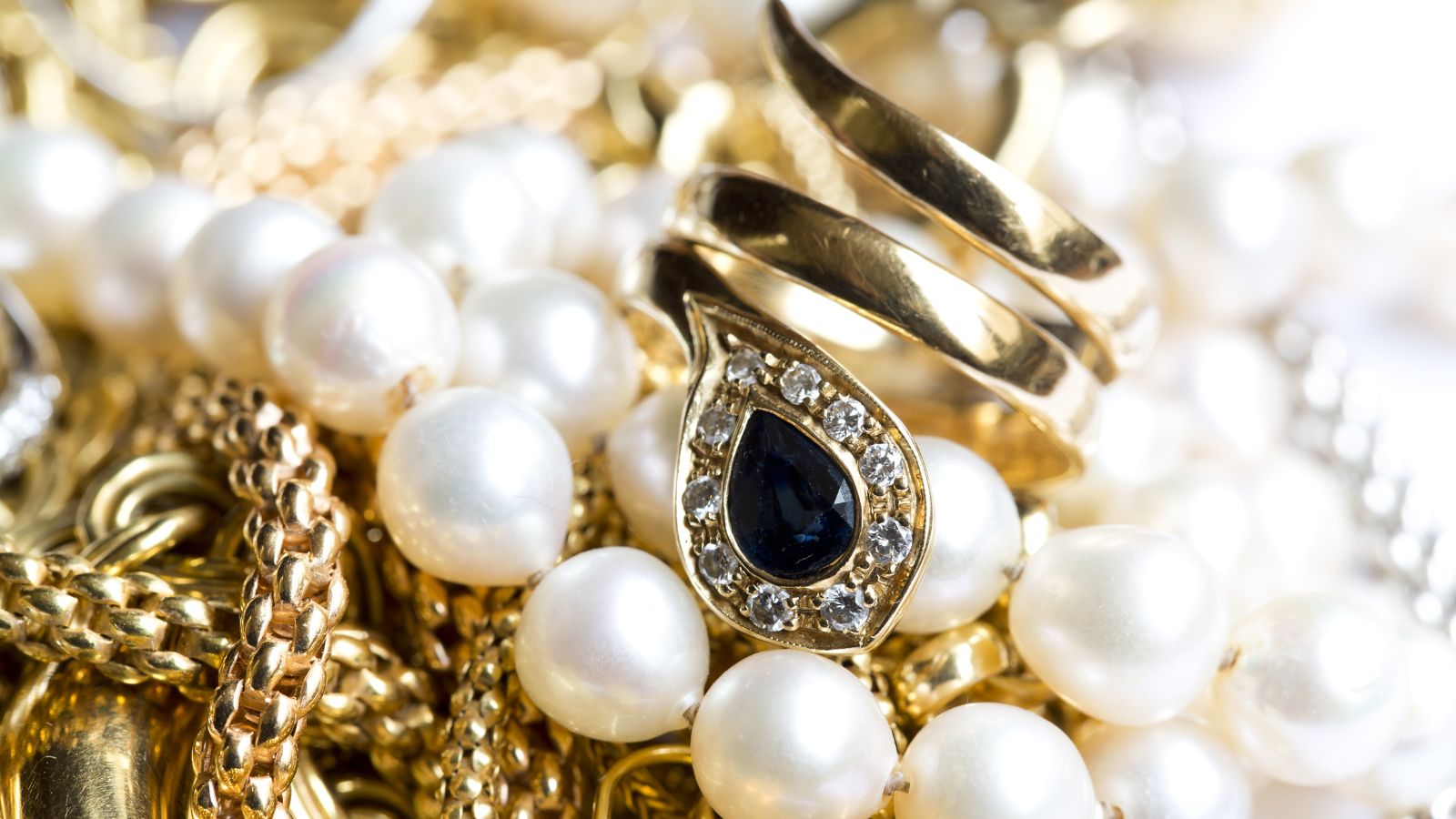
Jewelry, money, important documents, and other valuables should always be carried onboard the plane, not put in checked luggage. This isn’t really about not being allowed but more common sense. A lot of luggage goes missing in the U.S., and you don’t want to lose anything expensive.
Up Next: 19 American Foods that Are Not Allowed in Other Countries
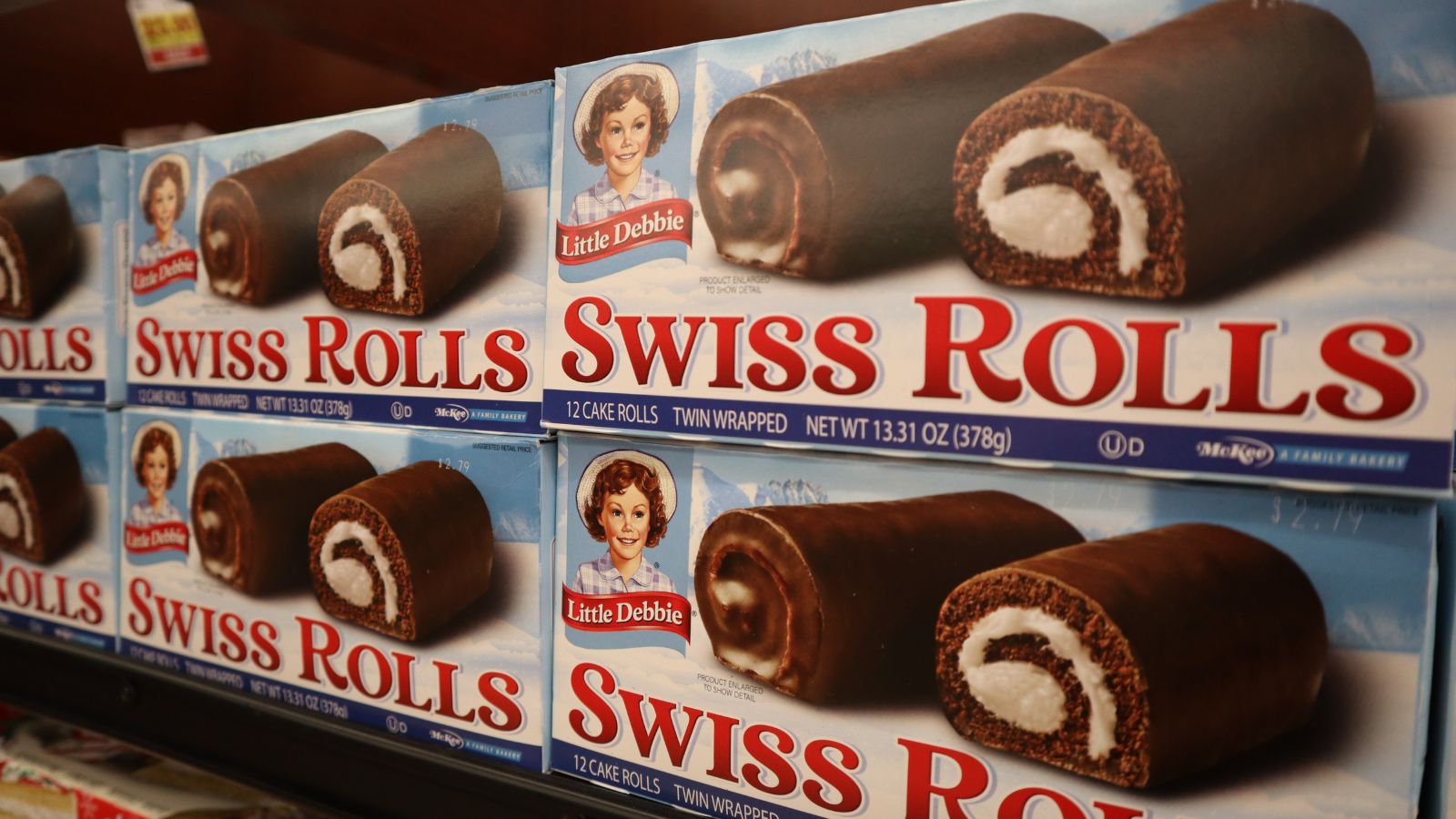
We can debate all day about who has the safest food supply in the world. Though, I’d bet you would be surprised at how many everyday American foods are banned in other countries. Most are due to chemical additives and pesticides, which, in places like the EU, cannot be approved for use unless proven safe. Let’s take a look at 19 of them.
19 American Foods that Are Not Allowed in Other Countries
19 Things That Will Happen When You Stop Drinking Alcohol

Whether you identify as an alcoholic or a casual drinker, alcohol can have a significant negative impact on your health. This is why more and more people are choosing to go cold turkey for the sake of their well-being. If you’re considering going sober but need a little more convincing, we’ve got you covered. Here are 19 things that will happen when you stop drinking alcohol.
19 Things That Will Happen When You Stop Drinking Alcohol
17 Things Guests Actually Notice Right Away About Your House

Inviting people into your home is a big deal. You may be very house-proud or house-conscious, and if you are either, you’ll likely get anxious about hosting. If this sounds like you, stop worrying and focus on the following 17 things that guests actually notice right away about your house.
17 THINGS GUESTS ACTUALLY NOTICE RIGHT AWAY ABOUT YOUR HOUSE
